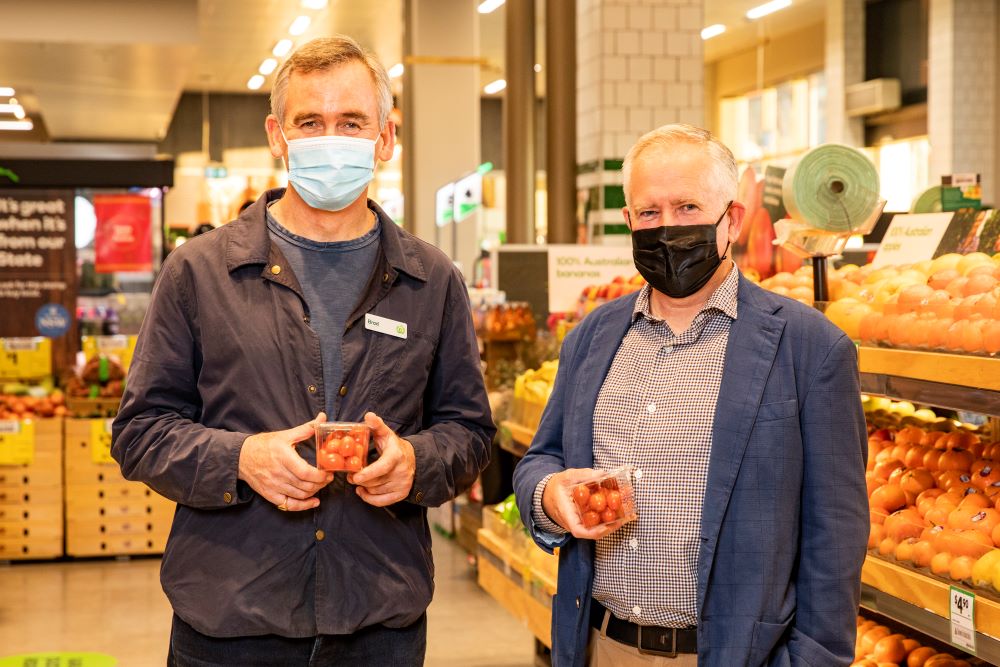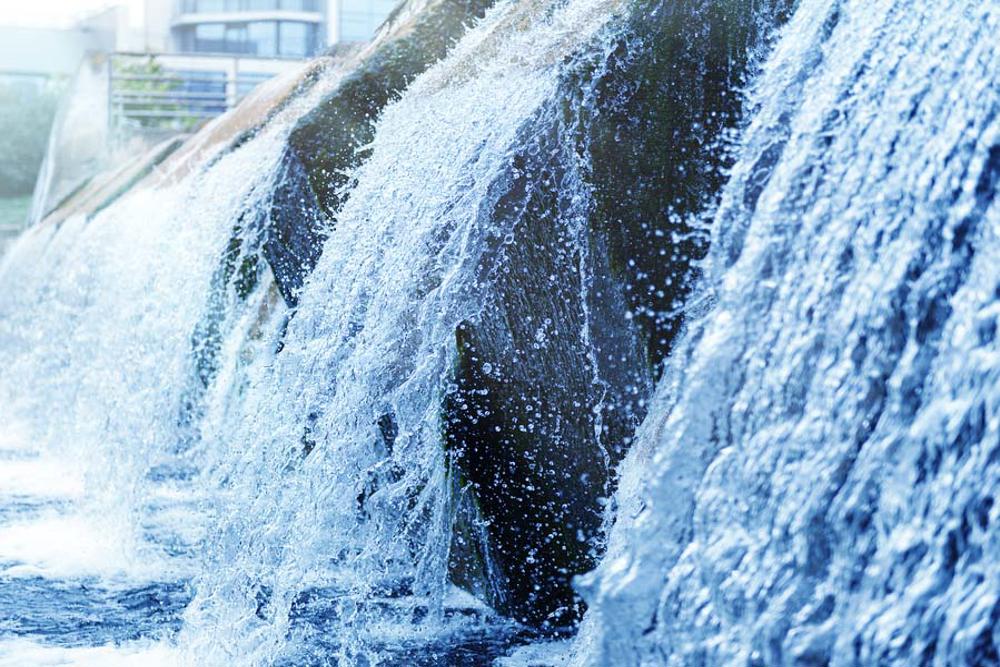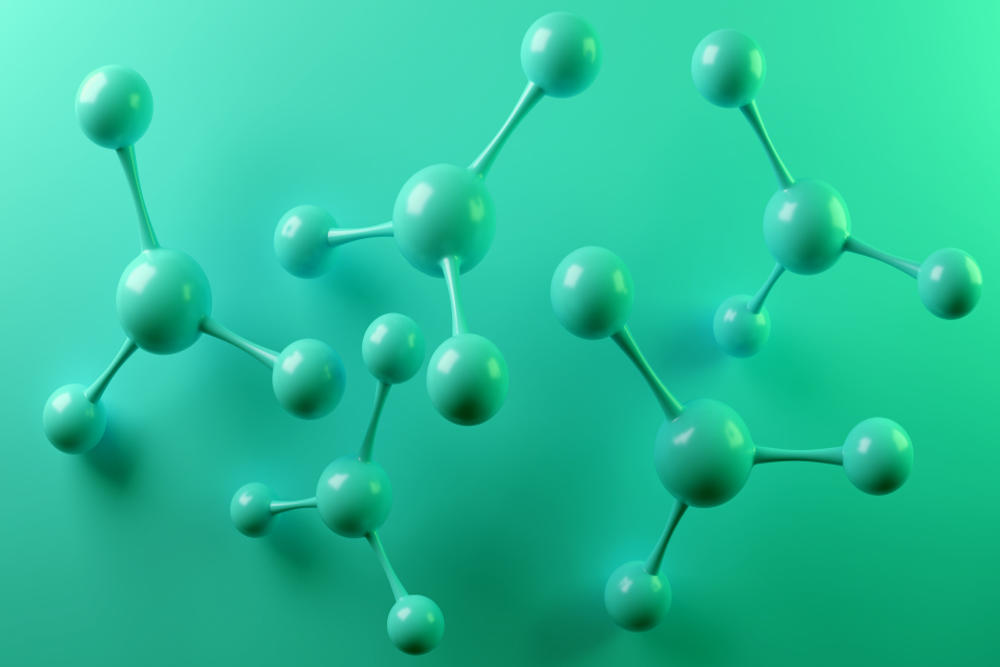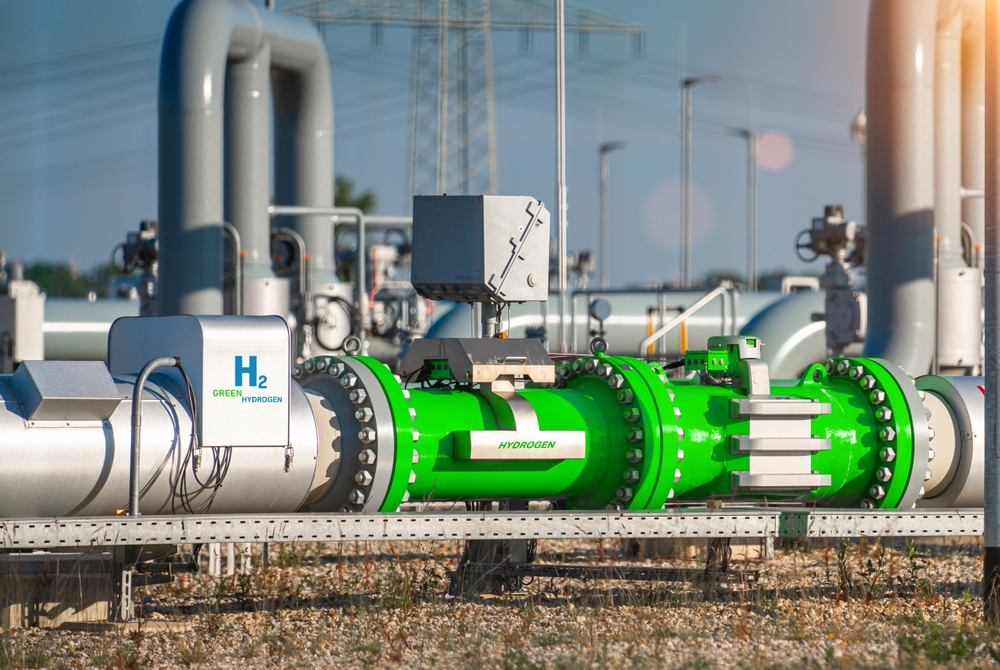
Australian enviro-tech start-up, Samsara, has developed a new way to infinitely recycle plastic to help end the plastic pollution crisis. The ground-breaking technology uses plastic-eating enzymes to break plastic down to its core building blocks, which can then be used to recreate brand new plastic, again and again.
Of the 2.5 million tonnes of plastic waste generated by Australians on average each year, only 9 per cent is sent for recycling, while a devastating 84 per cent ends up in our landfills. The primary reason for this is that current recycling methods are inefficient, time-intensive and costly. Adding to the issue is that current methods do not allow all plastic to be recycled (like coloured bottles) or recycled repeatedly without degradation.
Samsara offers a new approach to recycling that overcomes these issues. It is carbon-neutral, environmentally friendly and doesn’t require any change to consumer behaviour.
Samsara’s initial focus is PET plastic and polyester, which is commonly used to create plastic bottles and fast fashion, accounting for roughly a fifth of plastic created annually, but its long term mission is to tackle what would be a world first, the mixed bale of plastic, by advancing the process so that every kind of plastic can, one day, be infinitely recycled.
Samsara is backed by co-founders Woolworths Group, The Australian National University and deep tech venture fund, Main Sequence founded by CSIRO, who have joined forces to tackle the plastic waste problem with leading-edge science.
CEO and Co-Founder of Samsara, Paul Riley, said: “If we’re determined to solve the plastic crisis we need to start with where the problem lies, which is how it’s made and recycled. Samsara is a major breakthrough because we’re able to make plastic infinitely recyclable.”
“This means we will never have to create plastic from virgin materials like fossil fuels again, and we can divert plastic from our oceans and landfill. This gives consumer brands the tools to continue using plastic with zero trade-off. Samsara’s recycled plastic looks and performs like the original, minus the environmental price tag. For consumers, it will remove the time and energy that goes into thinking about what products to purchase because Samsara plastic is not only recycled, it is infinitely recyclable.”
“We’re working with the brightest minds in Australia from ANU and Main Sequence to create a completely new way to tackle one of the biggest environmental challenges we face in plastics. Our vision is big and we are laser-focused because, if we get it right, we can end plastic pollution for a healthier, cleaner future,” Mr Riley said.
Woolworths Group has already committed to turn the first 5,000 tonnes of recycled Samsara plastic into packaging for its own brand products – avoiding new plastic being made and recycling plastic equivalent to the weight of almost nine A380 aircraft.
Starting with packaging like the containers used for its own brand mini tomatoes, Samsara packaging is expected to hit Woolworths shelves in the next two years.
Woolworths Group CEO, Brad Banducci, said that by helping develop new sustainable technologies today, we can plant the seeds for a better tomorrow.
“We’ve co-founded Samsara to play a part in addressing one of the most challenging sustainability problems of our time and we’re excited to work together on its first retail product, which will be tested in our supply chain,” Mr Banducci said.
“As Australia’s largest retailer, we want to use our scale for good to drive innovation that can not only reduce our own footprint, but help our suppliers and competitors make positive change across the board.”
“We’re working hard to reduce plastic, but we know there are some products where there simply aren’t effective alternatives. Samsara is paving the way for a future where these products could become part of an infinite loop for recycling.”
Nobel-prize winner and Vice-Chancellor of ANU, Professor Brian Schmidt, is backing the company.
“ANU has some of the best researchers on the planet. Their work has contributed to our understanding of the world and the development of new knowledge that accelerates the prosperity and sustainability of humankind. Our involvement in Samsara is a perfect example of this. Samsara has the potential to address a massive world challenge, and if we don’t address it soon it will be too late. We’re proud to be a driving force behind Samsara, bringing to life technology that can have real impact in the world, by helping to solve the plastic pollution crisis,” Professor Schmidt said.
Main Sequence Partner Phil Morle, who architected and co-founded the company, also commented on the launch: “We’re addicted to plastic. We know it’s bad for us but we continue to make and consume more of it. If we continue on the current trajectory, by 2050, there will be more plastic than fish in the sea. No one wants to live in that world.”
“It’s never been more urgent to break free from our obsession with creating virgin, fossil fuel-based plastics and dumping them in landfill and the oceans. Samsara is offering a solution that is not only greener but faster and more cost-effective to recycle plastic. We see massive potential for the company and its ability to solve one of our world’s epic challenges.”
About the plastic waste problem and how Samsara works
We have more plastic than we can recycle, and it’s costing the industry and our world:
- By 2040 the volume of plastic on the market will double to 29 million tonnes; the volume of plastic in our ocean will almost quadruple to over 600 million tonnes – at this rate, there will be more plastic than fish in the ocean by 2050.
- In the Asia-Pacific region, marine debris costs economies at least US$10.8bn per annum and by 2050 the cost is projected to reach US$216bn.
- Current recycling methods do not go far enough to eradicate plastic. Mechanical recycling, the most common approach is time-intensive and costly as it requires plastic to be rigorously sorted meaning only clear in colour and clean plastic are passed
- Adding to this cost is mounting legislative change – plastic must now be chipped, cleaned and washed before being exported, adding further pressures to recycling companies and threatens the long-term viability of current methods.
How Samsara is revolutionising recycle model works:
- Samsara brings together core research from the Australian National University, to create plastic-eating enzymes that break PET plastic back down to its building blocks regardless of colour and shape. These can then be used to produce new plastic items.
- Importantly, the process allows for infinite recycling so any kind of plastic can be recycled again and again without the quality degrading over time.
- The process is carbon neutral and rids the need for fossil fuels to create plastic items.
- A 500ml bottle created by Samsara’s method produces significantly less carbon than creating a plastic product from scratch.
- Samsara is starting with PET plastic, which accounts for roughly one fifth ( 20%) of plastic created annually. But is on a mission to advance the process so every kind of plastic can be broken down to its core molecules and reused over and over again.
Sources:











